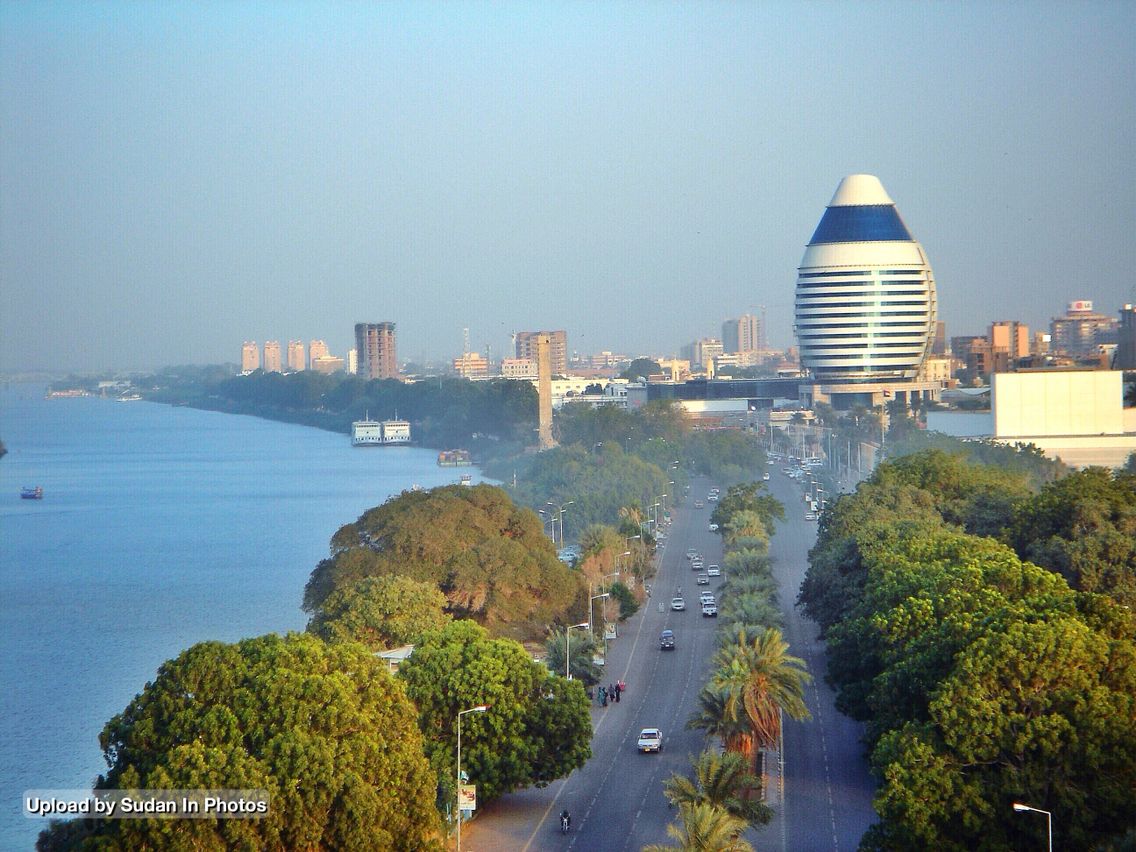Foreign Intervention in Sudan Jeopardizes Peaceful Political Process - ENA English
Foreign Intervention in Sudan Jeopardizes Peaceful Political Process

Foreign Intervention in Sudan Jeopardizes Peaceful Political Process
BY SOLOMON DIBABA
In a statement it issued on the 25th of October regarding the current situation in Sudan, the Government of Ethiopia stated that “The Government of Ethiopia calls on all parties for calm and de-escalation in the Sudan and to exert every effort towards a peaceful end to this crisis.
In this regard, the Government of Ethiopia fully supports the completion of Sudan's transition to democracy and the respect for the Constitutional Document of the Transitional Period.”
“Ethiopia reiterates the need for the respect of the sovereign aspirations of the people of the Sudan and the non-interference of external actors in the internal affairs of the Sudan.
The Government of Ethiopia is confident that the people of the Sudan would ultimately find the wisdom to address these challenges in a manner that contributes towards a peaceful resolution of the crisis.” it added.
Recalling the efforts made by the Ethiopian government, the statement noted that “ the Ethiopian Government has played a significant role in successfully mediating the establishment of a coalition government, consisting of its civilian and military components, and to adopt the constitutional document of the transitional period.”
The statement added that “The Government and people of Ethiopia, as always, will continue to stand firm with the democratic aspirations of the people of the Sudan.”
The establishment of a Transitional Council composed of the civilian representatives and delegated from the Sudanese military brass through the mediation efforts of the Ethiopian government in August 2019 ushered a glimmer of hope for Sudan’s transition to a democratic order in a period of three years.
However, divisions that surfaced up among the Sovereign Council of the Transition government and the interference into the internal affairs of the country from governments near and afar put the lofty goals on which the transition government was established in the most fragile and precarious situation.
In a country in which more than 90 parties contend for power and the visible difference between the military and civil leaders, the entire country was plunged into another round of political turmoil that divided the population between those who supported the military accusing the civil government of taking no steps in the economic recovery of the country and groups that protested against the slow pace of democratic transition that was caused by the military section of the government. Visible foreign political intervention in the country has already polarized the political interests among the different parties in the country.
As a neighboring country, political developments in Sudan have far greater implications for Ethiopia not only because of the border proximity between the two countries but also because of the effects that the crisis in Sudan can have far reaching repercussions on peace and security in the Horn of Africa.
Moreover, Ethiopia do not only share common border but have long standing historical relations that date back to the Kingdoms of Axum and Merowe. There is a deeper cultural linkage between the two countries. The Blue Nile physically links Ethiopia and Sudan. For instance the completion of GERD creates an opportunity in which Sudan can benefit from the hydroelectric power supply from Ethiopia. Ethiopia could also benefit a lot by securing wider access to Port Sudan. The railway and road transport network that was long planned to be implemented could transform unnecessary provocation and conflict between the two countries into a window of opportunities.
There is no country in the world that is as close as Ethiopia is to Sudan but weak form of decision making and multiple influences and interferences from other countries has complicated the development of a strong government in Sudan. For instance, Sudanese has leased thousands of hectares of farmland to companies in almost all Arab countries. Some of the governments in these countries are keen to influence the political developments in Sudan to ensure their economic interests.
Ethiopia, as stated in the above mentioned statement, closely follows the development in Sudan as either peace or conflict in the country could affect political developments in Ethiopia.
As stated in the recent message of Prime Minister Dr. Abiy Ahmed, Ethiopia has firm conviction that the people and government of Sudan have all the capacity to resolve their problems in their own way. If the international community does not support the Sovereignty of Sudan and support their efforts to create a government of national unity. This country could face several problems that need to be avoided at all costs.
Besides, the fragile situation in the country could once again make it a breeding ground for terrorist organizations that could worsen the security situation of the country. This could in turn have regional implications giving an excellent opportunity for the groups to proliferate in the Horn of Africa.
Sudan needs national unity and peace for its development. Any intervention into the internal affairs of this country is against the will of the people of Sudan the prospect for peace and democracy in the country may be nil and void. On the other hand, the people and government of Ethiopia call for the restoration of the transitional government and the interim constitutional declaration to which all parties concerned should abide.